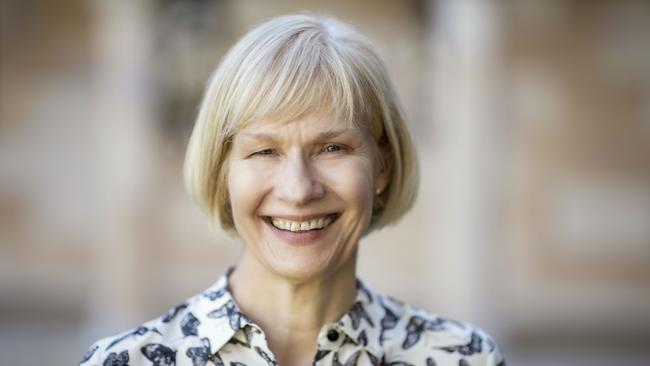University chiefs consider changes to board
The university peak body will consider widening representation on its board and possibly an independent chair after a major review of its functions and structures.

The university peak body will consider widening representation on its board and possibly appointing a independent chair after a major external review of its functions and structures.
A key reason for the review, initiated last year, was growing tension between peak body Universities Australia and chancellors who lead university governing bodies (a similar role to chairmen of corporate boards).
In a statement on Thursday, UA said the review’s recommendations include considering a switch to an independent, non-executive chair, appointing independent directors to the UA board, and enhancing the role of the chief executive.
READ MORE: Can the unis pull together? | How UA lost its lobbying influence | Chancellors lead calls for UA shake up |
Some university chancellors have been highly critical of UA’s effectiveness, pointing to its poor relations with the Morrison and Turnbull governments.
The review recommended UA should explore “a range of mechanisms for enhanced consultation and engagement with chancellors”.
Currently, UA is a body run by vice-chancellors. Its nine-member board, chaired by University of Queensland vice-chancellor Deborah Terry, is made up of eight vice-chancellors and UA chief executive Catriona Jackson.
Some chancellors have pushed for their group, the University Chancellors Council, to have a greater role in UA, and it is not clear whether this tension has been resolved.
UCC chair Stephen Gerlach said chancellors were briefed by Professor Terry on Thursday about the review’s findings.
“Chancellors appreciate the enhanced engagement between us and will discuss the review findings over coming weeks and look forward to further consulting with UA and vice-chancellors in that regard in due course,” said Mr Gerlach, the Flinders University chancellor and a former Santos chairman.
Another recommendation urged UA to promote university contributions by “extending UA advocacy strategy to include matters of broader national significance where universities can make an important contribution”.




To join the conversation, please log in. Don't have an account? Register
Join the conversation, you are commenting as Logout